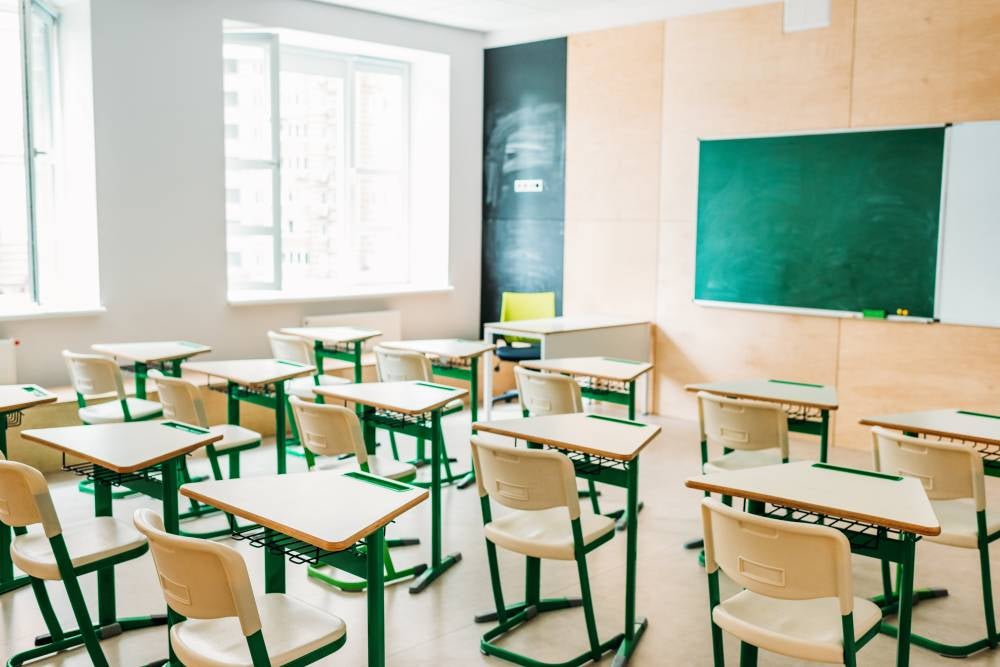Lack of clear goals leaves students studying half-heartedly

The necessity to reintroduce the Ujian Pencapaian Sekolah Rendah (UPSR) and Form Three Assessment (PT3) has reignited debate.
This resurfaced following several social media posts that garnered criticisms regarding students' performance due to their inability to answer basic questions in exams effectively.
It also raised concerns about whether students can cope with the challenging aspects of today's education system.
If this continued, it will affect the Malaysian education system's ability to produce young, talented and knowledgeable people in a various ways.
As a result, many social media users urged the government to reconsider the need to reintroduce UPSR and PT3 as it helped students prepare more thoroughly.
The Education Ministry needed to reintroduce the two exams so that all students' skills can be assessed consistently, authoritatively and uniformly nationwide.
Moreover, it can dispel allegations that students' achievement scores can be manipulated to gain admission to boarding schools.
Having a standardised examination system would at least motivate students to strive for excellent results or perhaps 'scare' them into not studying haphazardly.
Furthermore, UPSR and PT3 examinations also played a role in determining the appropriate class streams based on the results obtained.
However, the existing education system was still capable of producing an educated generation, but the pace of children's development seemed 'slow' and gradual.
This situation was increasingly worrying, especially after Malaysia was hit by the Covid-19 pandemic, which saw schooling sessions unable to be conducted face-to-face.
It provided an opportunity for children to have their own smartphones to enable them to follow online learning.
However, the new norm learning method was not as easy as expected because some children find it difficult to adapt, resulting in loss of focus.
Some students were unable to follow the educational syllabus taught by teachers due to various factors, including internet accessibility issues, lack of understanding, and lack of interest in online learning.
Instead, they choose to engage in more enjoyable activities such as gaming and social media apps like Facebook and TikTok.
Due to exposure to the world of social media, some became increasingly uninterested in learning because they were influenced by the words of a few influencers, claiming that there was no need to strain their brains studying and sitting for exams because even if they were not smart, they can still succeed and become rich.
Such influencers gave the impression that education was not everything to achieve dreams.
To address this negative perception, all parties needed to play a role.
Reintroducing the UPSR and PT3 exams, along with designing appropriate learning strategies, will help children regain focus and realise the importance of becoming knowledgeable individuals.
Furthermore, by reintroducing the UPSR and PT3 exams, teachers will have clear goals and directions and know the successes and failures resulting from the teaching modules implemented.
In reality, the success and failure of a school depend on the interdependence between teachers and students.
If teachers and students have clear directions and measurable goals through public examinations, then the quality of all students can be improved or enhanced so that they do not continue to 'drown'.
Nor Syamira Liana Nor Ashaha is reporter from Sinar Harian.









